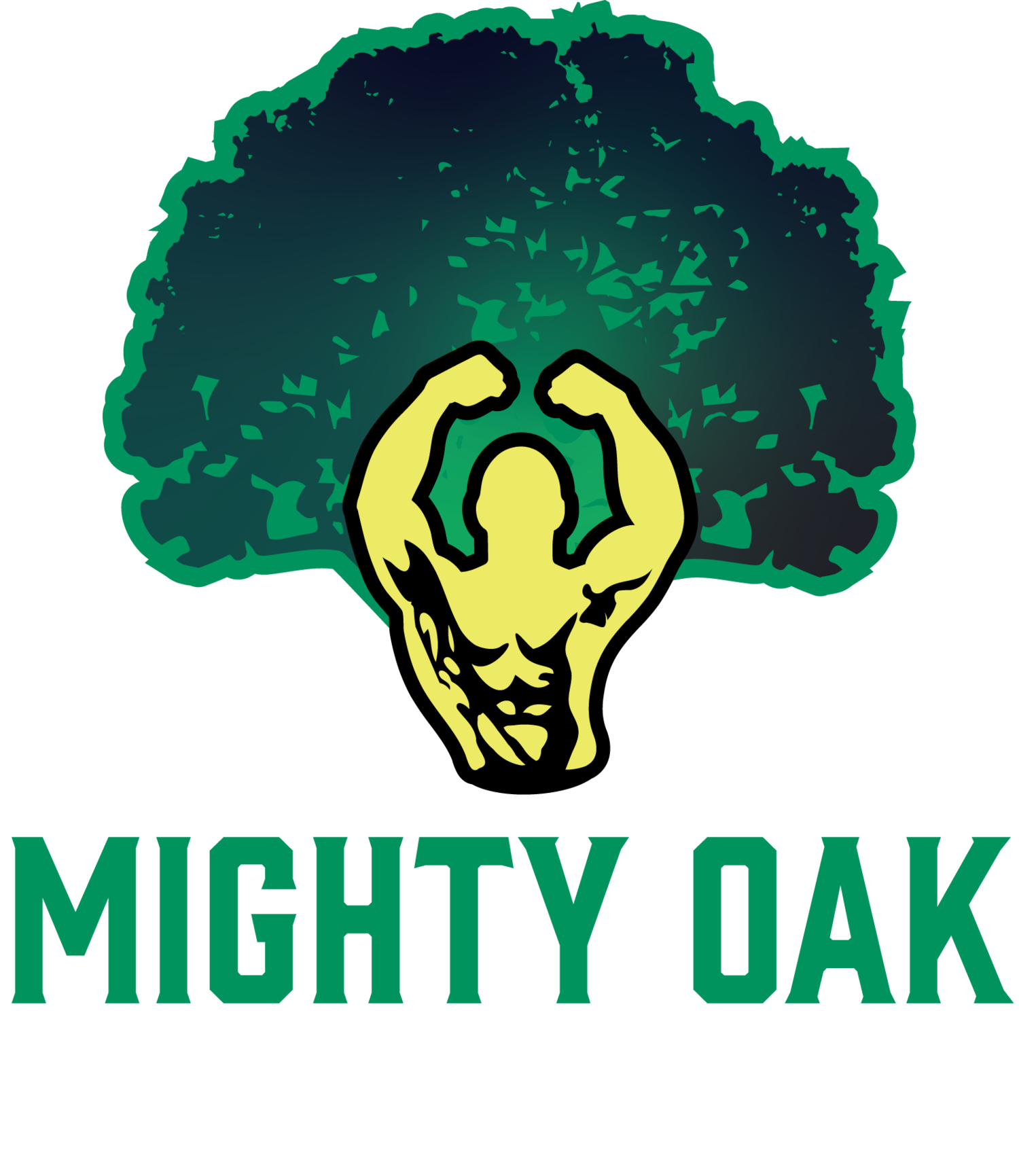How to Promote Mental Health Among Children with Three Simple Exercises
In a technologically driven world, fostering a love for physical activity among children is paramount. In this pursuit, the Mighty Oak Athletic program stands as an effective beacon, integrating strength training as a principal component of children's exercise regimen. The benefits of the Mighty Oak Athletic are multidimensional, transcending mere physical strength and fitness, to fostering cognitive development and emotional resilience. This essay will delve into these benefits and introduce three bodyweight exercises that children can perform anytime, anywhere, without any equipment.
Physical Benefits of Mighty Oak Athletic:
Strength training for children, encapsulated in the Mighty Oak Athletic approach, improves muscular strength and endurance, and enhances overall physical health. Regular participation in strength exercises promotes bone density, joint stability, and body coordination (Faigenbaum et al., 2009). The American Academy of Pediatrics (AAP) reported that resistance training could boost muscular strength by 30% to 50% in children (AAP, 2008). The Mighty Oak Athletic program capitalizes on these physical benefits in its exercise routines, sculpting children to be strong like mighty oaks.
Cognitive Development:
Mighty Oak Athletic also contributes to children's cognitive development. Hillman et al. (2014) found that regular physical activity, including strength training, has a positive impact on cognitive abilities in children, leading to improved academic performance and overall cognitive functioning. The Mighty Oak Athletic program's structured strength training exercises can enhance brain function, attention span, and memory retention, fostering a generation of mentally agile kids.
Emotional Well-being:
Furthermore, the Mighty Oak Athletic program plays a vital role in children's emotional well-being. Physical activities stimulate the release of endorphins, natural mood-enhancers that help maintain emotional equilibrium (Biddle & Asare, 2011). The Mighty Oak Athletic program recognizes this connection, using strength training as a means to promote mental health among children. Regular engagement in such exercises can reduce stress, boost self-esteem, and foster emotional resilience.
Three Bodyweight Exercises for Kids:
a) Bird Dog: This exercise strengthens the core, hips, and back muscles. To perform a bird dog, kids should start on all fours, ensuring their hands are directly under their shoulders and their knees under their hips. They then extend one arm straight ahead and the opposite leg straight behind, holding this position for a few seconds before switching sides.
b) Squat Jump: This exercise enhances lower body strength and cardiovascular fitness. To perform a squat jump, children should start by standing with their feet shoulder-width apart. They lower into a squat, keeping their chest up, and then explosively jump upwards, landing back in the squat position to repeat the exercise.
c) Push-Up: This exercise is excellent for strengthening the chest, shoulders, and triceps. To perform a push-up, kids should start in a plank position with their arms straight. They lower their bodies until their chest nearly touches the floor, keeping their body in a straight line throughout. They then push their bodies up to the starting position.
The benefits of the Mighty Oak Athletic extend beyond physical strength and fitness. This program enhances physical well-being, fosters cognitive development, and nurtures emotional resilience. With the incorporation of simple exercises like the bird dog, squat jump, and push-up, strength training becomes an accessible and fun activity for kids, requiring no special equipment. Therefore, encouraging children to engage in strength training can set the foundation for a holistic healthy lifestyle, allowing them to stand strong and resilient like mighty oaks.
American Academy of Pediatrics (AAP). (2008). Strength training by children and adolescents. Pediatrics, 121(4), 835–840.
Biddle, S. J., & Asare, M. (2011). Physical activity and mental health in children and adolescents: a review of reviews. British Journal of Sports Medicine, 45(11), 886-895.
Faigenbaum, A. D., Kraemer, W. J., Blimkie, C. J., Jeffreys, I., Micheli, L. J., Nitka, M., & Rowland, T. W. (2009). Youth resistance training: updated position statement paper from the national strength and conditioning association. Journal of Strength and Conditioning Research, 23(5), S60-S79.
Hillman, C. H., Erickson, K. I., & Kramer, A. F. (2008). Be smart, exercise your heart: exercise effects on brain and cognition. Nature reviews neuroscience, 9(1), 58-65.

